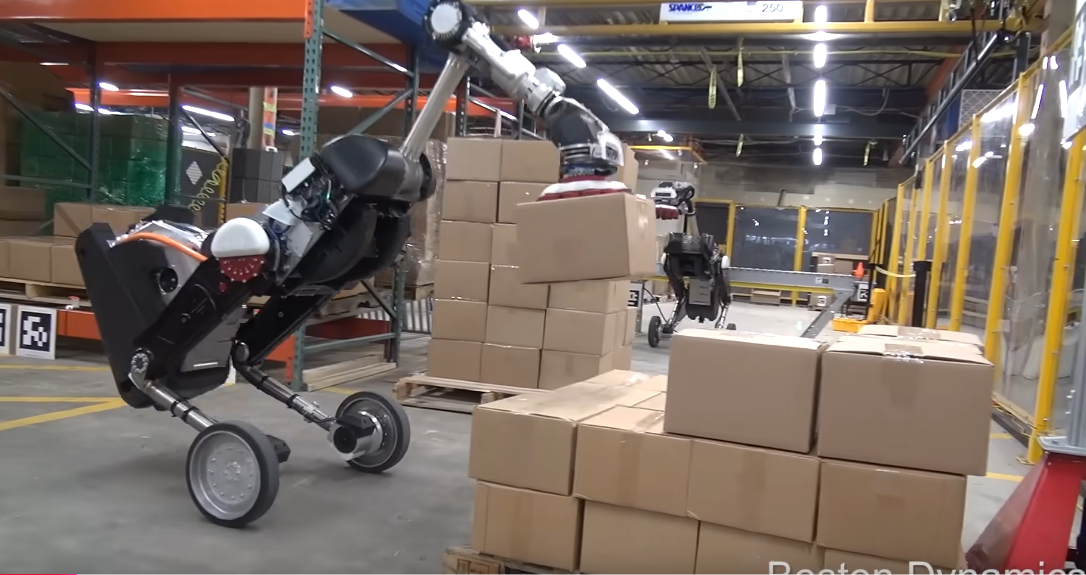

Someday soon I’m sure we’ll get that paperless office.
This one I’ve seen pretty darn realized. My last “in office” job was more than 5 years ago, but while there were printers available they were not used often. Nobody would hand you a piece of paper with any exception you’d have to keep it safe or for any period of time, and even then you’d also have a digital copy sent to you. Then and now, I still keep an notepad, but its only for things I need to remember for less than 24 hours or that get entered electronically very shortly after.
This was a fortune 100 company too, not some Mom-and-pop office.


What does the United States have to do with this? Since when is Finland part of the United States? Linus Torvalds is Finnish.